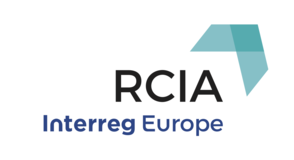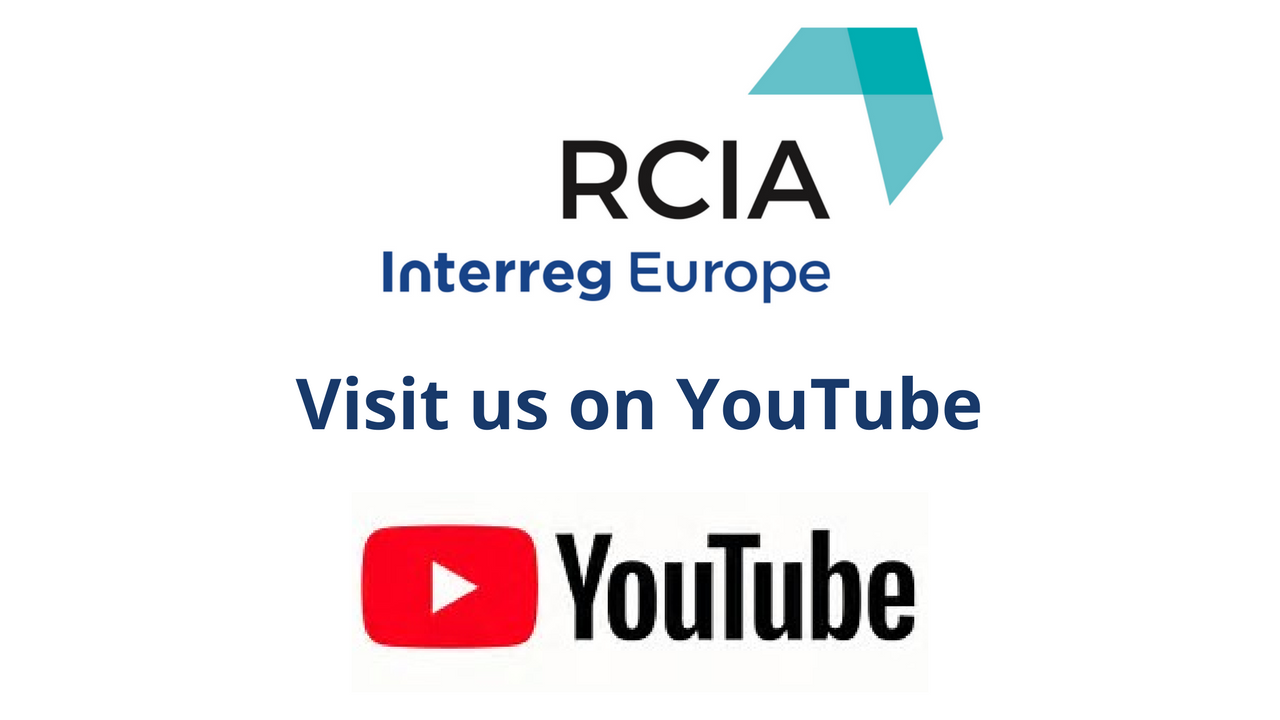On 26 February 2019 the Latvian project partner held a Policy Round Table in Riga, Latvia.
Lija Vītoliņa, Head of Corporate Division at Altum, talked about Altum’s main products – Credit guarantees, Export credit guarantees, Start-up loans, Co-financing (mezzanine) loans and SME Growth loans which can be used by creative companies. Credit guarantees, start-up loans and mezzanine loans are the most used by creative companies.
Despite a rather vast range of programmes, results from a survey undertaken in 2018 suggested otherwise. Out of more than 2,000 respondents, only 18% were from the creative and cultural industries. Results showed that in most cases, creative companies don’t try to attract additional external funding when they do, they don’t consider Altum. Only 7% of creative companies have turned to Altum to discuss opportunities for attracting funding although Altum organizes many seminars and promotes its programmes extensively on social media.
On this note, the participants of the policy round table came up with the following points:
- For supporting creative industries, it is crucial for the institution in question to take more risks, because creative companies are usually riskier and do not fit into classical framework of entrepreneurship.
- There should be external experts in the credit committee, because if they are from entrepreneurial, business venture or incubating eco systems, that means that they are used to working with early stage companies and evaluate business potential.
- For committees, it is crucial that there is strong and balanced team that can ensure daily operations and competence is basic and answer questions on how well the company knows their business and if they operate locally or internationally.
- Committees can assess if a company is mature enough during a pitch of merely 20-30 minutes.
As for how Altum can attract more companies within the CCIs, the participants put forth suggestions such as:
- From Altum’s point of view, it’s important that creative companies use business incubation and mentoring services prior to seeking support from Altum
- One of the main reasons mentioned by creative companies are requirements for collateral, something they find difficult to provide due to their unique business cycles. Experts pointed out that a more holistic should be used, including changes in conditions regarding collateral in existing programs such as SME Growth loans.
- There should be someone who can be considered as an expert in the cultural and creative sector within the Altum credit committee, someone whom creatives can consider their ‘own’, someone who can “speak their language”.
- Altum’s frequent attempts to raise efficiency by standardization of all processes including the unification of financial instruments and moving away from sector specific support instruments might be problematic for companies in the CCIs, because they require a different approach. Altum should consider a separate capacity for creatives and start-ups in general.
- It is possible that there is no need for a new, specific program, but rather for some stronger actions in the communication with companies within the CCIs to change their mindset on collaboration and on opportunities to expand their business.
- There must be employees in Altum who are experts on CCIs with specific knowledge about the sector and have close connection with creative companies.
After this Policy Round Table, the main thing that can be taken away is that for any institution to attract more creative companies, it must be willing to be supportive, flexible, creative and willing to take risks. Next steps include an external evaluation of Altum’s processes, internal training of Altum’s employees and a change in communication towards creative companies so that they’re aware of the support available for them.












